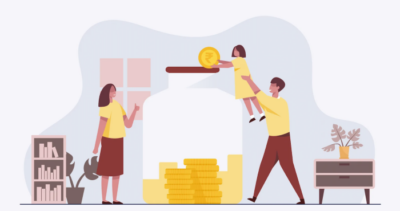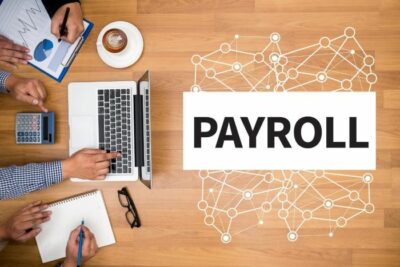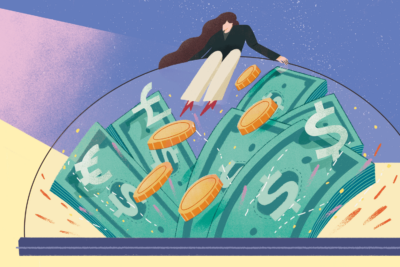Credit cards must be used in a financially responsible and well budgeted manner. When done correctly, the use of credit cards can help users earn rewards, build credit scores, and get great discounts. To do this, you need to understand all the aspects of credit card bill payment and how you can maximise your credit card limit to your own advantage.
In this guide, we will examine factors that can help you maximise your credit card and save money in the process. We shall also touch on good practices that will enable you to achieve financial goals instead of getting into debt. Credit cards are financial tools for effective money management, and you must exercise due diligence to make them work for you.
How to use credit cards responsibly for maximum rewards
- Research the best credit card for yourself
Different credit cards vary based on their purpose, reward systems, and payable charges.Using credit cards responsibly starts with obtaining the card that is best suited for your peculiar lifestyle. You must shop extensively before applying for any particular credit card, and you must compare and contrast their benefits and fees before signing up for a card.
In case you do not know where to start from, you may consider using OneCard credit card and save yourself a lot of trouble.
- Go for zero- or low-interest cards
Some credit cards require joining and annual renewal fees to use, and some do not. Some also have high interest fees, while others have zero- or low-interest charges. Depending on your peculiar needs and lifestyle, go for the credit card that will not cost you considerable money to maintain. This is to plug any holes where money may leak from your pockets, and to enable you to focus on managing your lifestyle and finances better.
- Spend within your credit limit
Credit cards come with predetermined credit card limits. This is to safeguard your finances and to prevent you from impulse purchases. Do not spend above this limit or you will get into debt. In some cases, some credit card providers will send you SMS or email alerts to warn you that you are nearing your credit limit. If you exceed this limit by purchasing stuff, you will pay a steep fee or even lose your introductory offer if the card is new.
- Do not use your card for ATM withdrawals
You may be tempted to withdraw cash from the ATM with your credit card if you need urgent cash. It is not advisable that you do this. Withdrawing cash with your credit card will be considered a cash advance and it won’t attract any rewards – but chargeable fees – sometimes up to 5% of the withdrawn amount can be applicable.
- Pay above the minimum payment amount
Although credit card providers advise that you pay a specified minimum amount instead of foregoing payment altogether, it is best you clear your balance, or you pay above the recommended minimum. It may take forever to clear your credit card balance if you keep on paying the minimum payment due – because interest will be levied on the outstanding balance and the majority of minimum payments will be swallowed up in interest.
- Clear cards with higher interests first
You must prioritise paying off the debt on credit cards with higher interests. A card with high interest will put you in debt within a few months – and it may take you up to two or more years to pay off the entire balance. So it is best to pay off the debt on the card with the higher interest while paying the minimum payment due on the cards with lower interest rates.
- Apply for balance transfer or debt consolidation
If it so happens that you are experiencing a cash crunch and not able to pay your credit card debt, you might consider signing up for a balance transfer credit card. Your balance will decline during this period because you won’t be charged any interest. Conversely, you can opt for a card with low APR (Annual Percentage Rate), that refers to the interest charged on a credit account annually.
And then, you also have the option to consolidate existing debt where you transfer all your card debt to one credit card. Your credit card bill payment should be paramount while you exercise due diligence in the use of credit cards for financial recovery.
Summary:
Responsible credit card use entails spending within your credit limit, clearing your balance every month, tracking your monthly statement promptly, and not withdrawing cash at the ATM.








